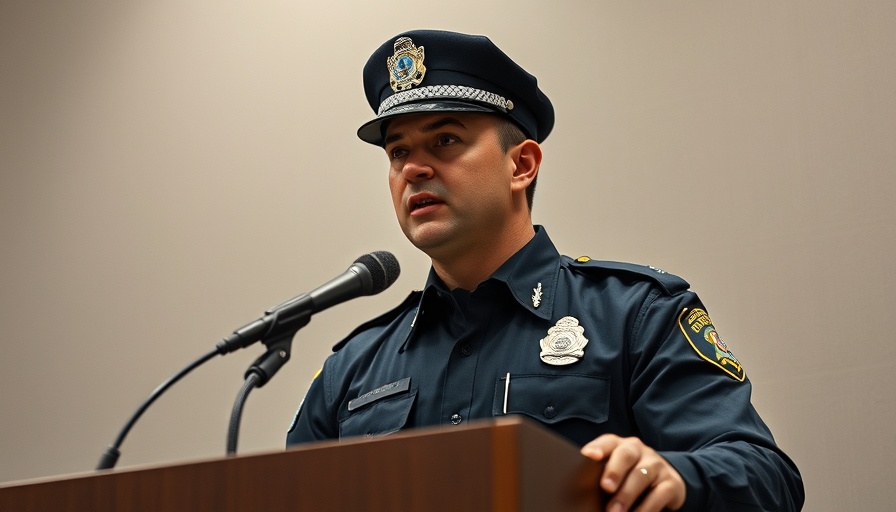
Charlotte's Controversial Decision on Police Settlement Minutes
The City of Charlotte has stirred controversy by declining to release minutes from closed-door meetings where City Council members discussed a $305,000 settlement with Police Chief Johnny Jennings. This decision has left residents questioning the transparency of local governance. Although the details of the settlement are already public, the refusal to disclose minutes has raised eyebrows about the city’s commitment to transparency in local politics.
Understanding the Legal Framework
North Carolina law mandates that minutes from closed sessions are considered public records but includes exceptions if releasing them might frustrate the purpose of the closed session. In this instance, the city argues that laws protecting personnel records justify withholding these documents. This interpretation has sparked debates around the limits of transparency when it comes to public funds and personnel matters.
The Community's Right to Know
The refusal to provide these minutes brings to light fundamental questions about public accountability in Charlotte. Residents and business owners alike rely on accessible information to stay informed about city decisions made in their name. This situation underscores a growing concern among citizens regarding their right to know about how their tax dollars are allocated, especially when it involves significant sums like the one in this settlement.
What Does This Mean for Charlotte’s Future?
The controversy surrounding the withheld minutes poses an important opportunity for Charlotte residents to engage in dialogue about transparency and governance. As the city continues to grow, questions surrounding accountability, urban development, and community-oriented policies become increasingly important. How the city handles issues like this could influence public trust and participation moving forward.
A Call for Civic Engagement
This situation serves as a reminder that civic engagement is crucial. As Charlotte grows and undergoes various changes, staying informed and involved in local politics is more necessary than ever. Residents are encouraged to participate in council meetings, voice their opinions, and hold city leaders accountable for decisions that impact the community.
To foster a culture of transparency and accountability, Charlotte residents must advocate for accessible information regarding local governance. Engaging in community forums and discussions can help foster a more informed public, which is essential for the health of any democracy.
Beyond simply knowing about decisions, engaging with local journalism such as Charlotte Ledger can provide deeper insights and analysis into the nuances of these situations. Stay updated on the freshest spots in town by checking out Charlotte Local Unplugged on Facebook at @charlottelocalunplugged. Knowledge and proactive engagement are key in shaping the future of Charlotte!
 Add Row
Add Row  Add
Add 




Write A Comment